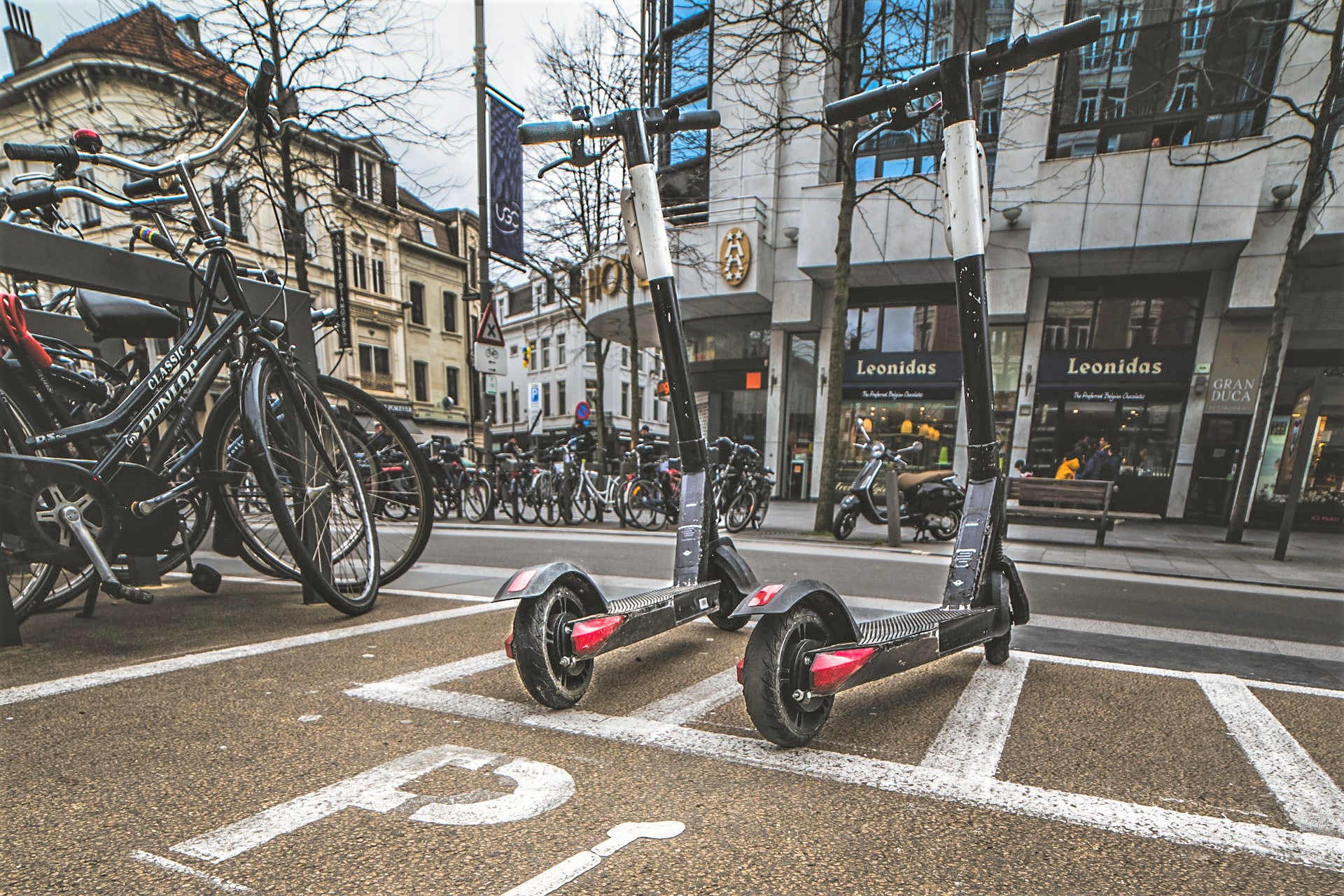816 results found
Featured results



More results
How can governments deliver quality infrastructure outcomes?
Tackling the global infrastructure gap remains a priority for governments to drive inclusive growth and deliver quality infrastructure projects for their citizens.

The Infrastructure Knowledge Exchange (IKE) is Global infrastructure Hubs' (GI Hub) database of categorised infrastructure resources. The tool has been created to help Infrastructure professionals globally, to easily find resources that pertain to infrastructure tools, data, publications, organisations, reports and, news.
Globally, governments are accountable for the development of infrastructure and the delivery of basic services in an affordable and inclusive manner. The ability of governments to nurture a conducive enabling environment for infrastructure investment has often been found to be a key differentiator between countries that successfully scale up infrastructure and those that face challenges in doing so.
Most infrastructure investment plans and government policies rely on the delivery of projects and programs. To achieve these and unlock the real benefits of infrastructure, it is vital that projects and programs are delivered well.
Ambitions Beyond Growth- Economic and Social Survey of Asia-Pacific Region” by UN ESCAP 2019 reveals that achieving the Sustainable Development Goals by 2030 would require an annual additional investment of $1.5 trillion for Asia-Pacific developing countries – equivalent to five per cent of their combined GDP in 2018, or about four per cent in terms of the annual average GDP for the period 2016-2030.
Increasingly, infrastructure leaders, investors and developers are recognising the need to not only increase the quantity of infrastructure investment globally to drive economic growth, but also the quality of infrastructure investment, to ensure that that growth and development is inclusive and sustainable.
Insights into the The Schuphol-Amsterdam-Almere (SAA) program, which has been the largest PPP program in the Netherlands in the last decade.
How can cities absorb the influx of people without developing new and more efficient ways of building, transporting, and consuming resources? Without significant disruption across urban infrastructure, the cities of the future will struggle to keep up, much less make progress toward things like mitigating climate change or providing quality education to every student.
The circular economy is now core policy for a growing number of countries with leadership from Finland, the European Union and Canada, but it is also taking a strong hold in Asia as Japan and China implement circular economic policies to transition them to a sustainable inclusive future.
In keeping with our mission to support the G20 to drive an ambitious infrastructure agenda, InfraCompass 2020 harnesses data from leading organisations around the world - including the World Bank, World Economic Forum, and the OECD - to assist countries to identify reforms that lead to better infrastructure investment.
Is ESG investment just a passing fad? What is the future of China’s Belt and Road Initiative? And does the Covid-19 pandemic mean we must reassess climate change targets? Our CEO Marie Lam-Frendo answers questions on the future of infrastructure.
The world is changing, and collectively we are underprepared for many of the challenges ahead. The Global Infrastructure Hub’s vision for the ideal future is a world where sustainable, resilient and inclusive infrastructure works for all people.
InfraTech has changed from a nice to have to a critical element in the ability to deliver sustainable, inclusive and resilient infrastructure.
Infrastructure can play a significant role in economic recovery of the post-COVID world. It's critically important for coronavirus stimulus measures to focus on projects that not only grow the economy, but also anticipate the impact of future risks, particularly climate change.
Mentors have played a vital role in supporting the top 20 teams hone their applications for the Global Infrastructure Hub’s (GI Hub) InfraChallenge competition, despite the challenges of a global pandemic.
Now is the perfect time for countries to improve the way they plan and deliver quality infrastructure, to provide greater security against the next global crisis - find out how InfraCompass is here to help.
While infrastructure is a driver of economic prosperity and can provide a solid basis for strong, sustainable, balanced and inclusive growth, it is not a given that infrastructure investment will fully realise these aims without visionary planning and commitment. For infrastructure investment to deliver a more sustainable, resilient and inclusive global recovery, we need to create the right enabling environment now.
The COVID-19 pandemic has disrupted all of our lives. And amidst the crisis it is impossible to envision how long it will last, or how life will be different once it is over. On the issue of mobility, however, a recent report by McKinsey & Co offers an optimistic forecast: this short period of disruption won’t affect existing major trends.



 Project Preparation
Project Preparation



















